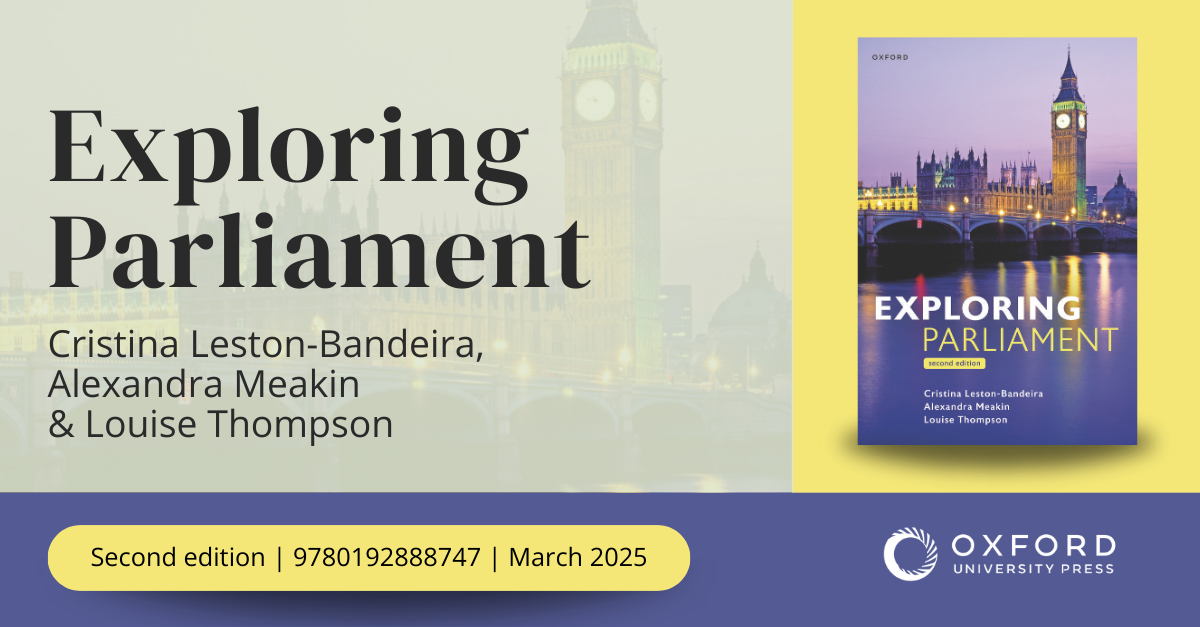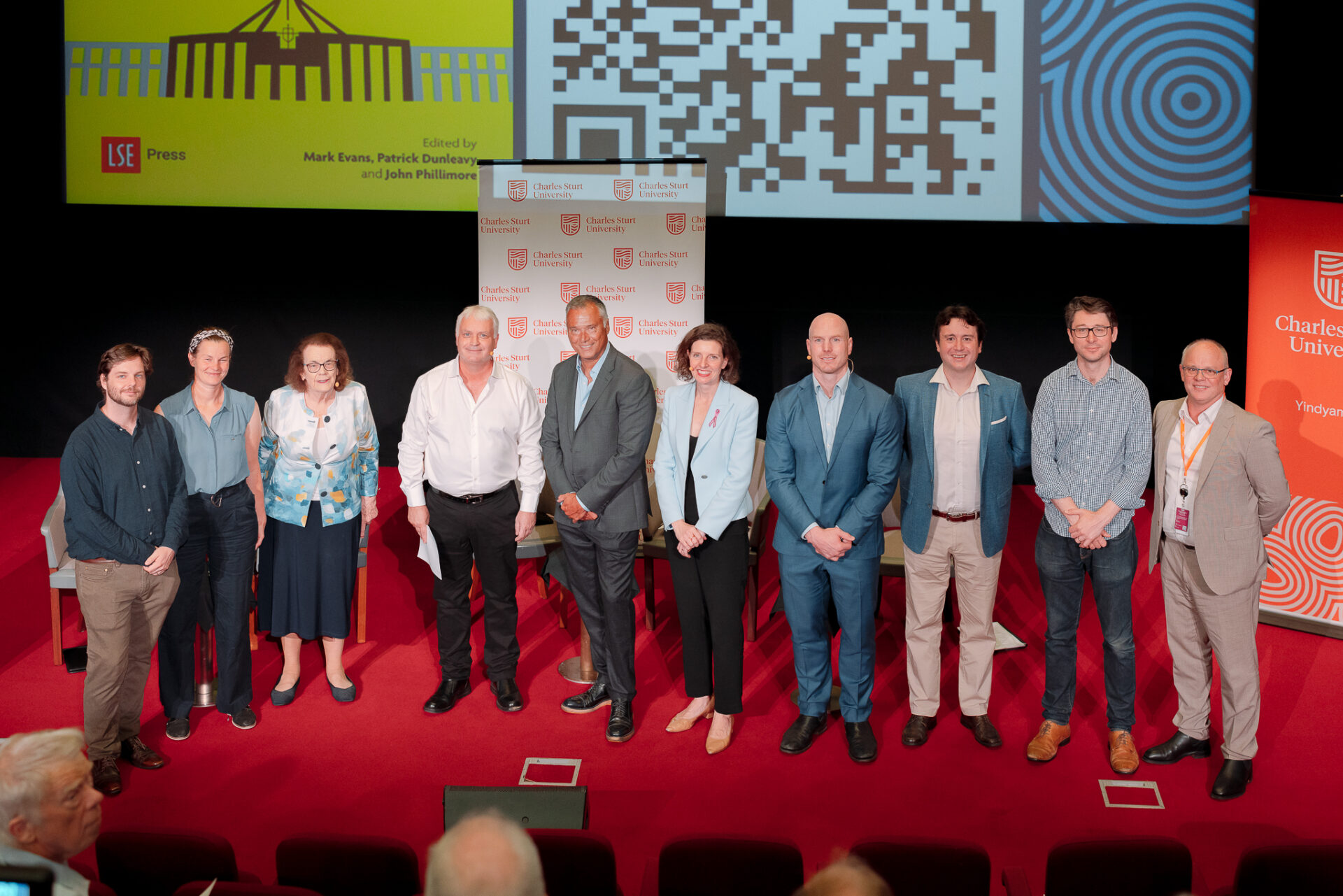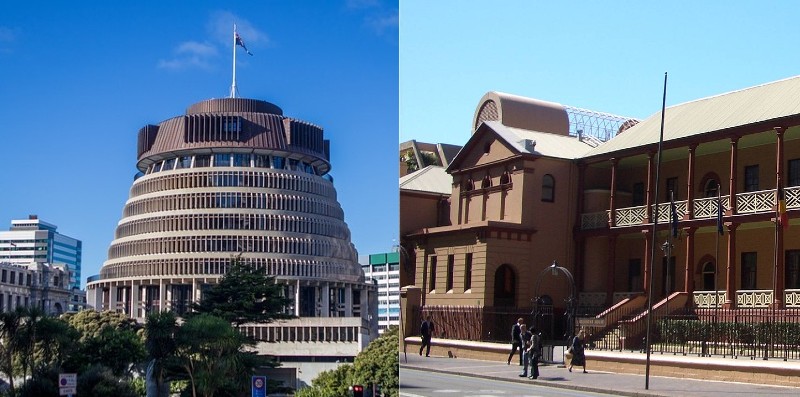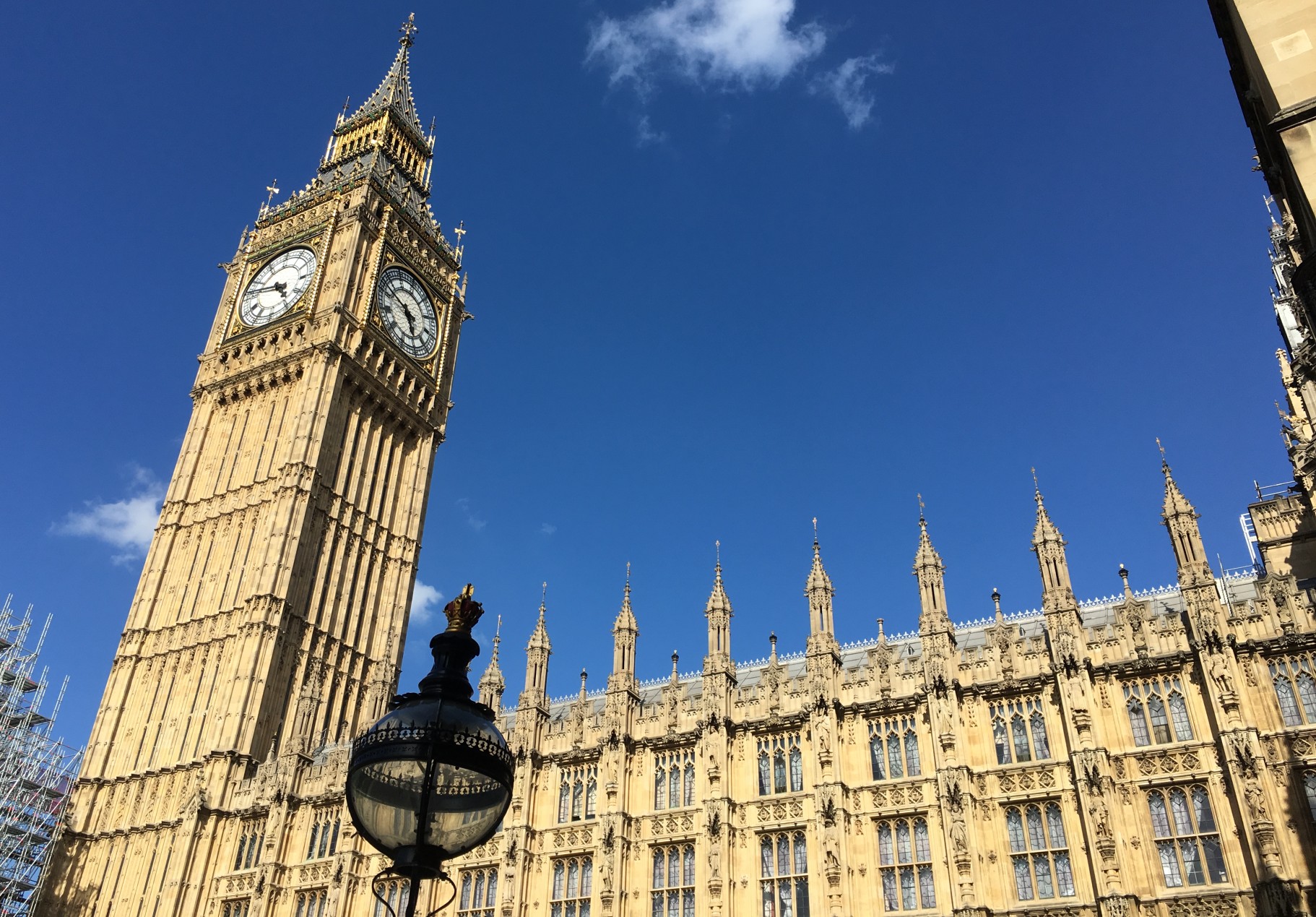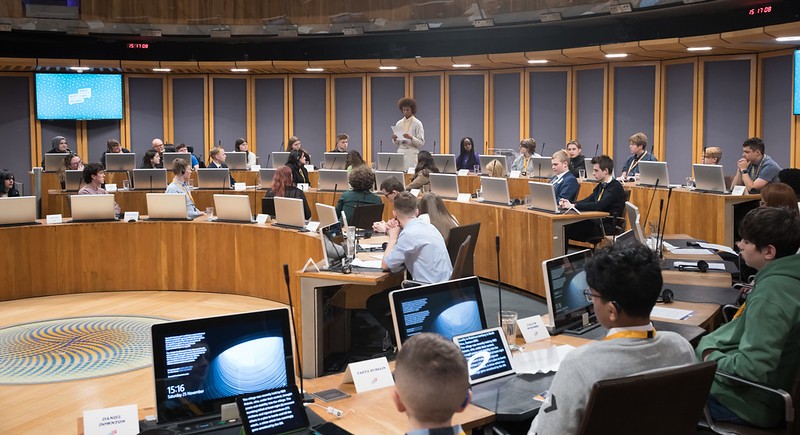This month we’re putting a spotlight on how interactivity has been enhanced on the Portal e-Cidadania (e-Citizenship Portal) at the Senado Federal (Brazil) with the use of Artificial Intelligence (AI).
The e-Citizenship Program is co-ordinated by IPEN Executive Team member, Alisson Bruno Dias de Queiroz at the Senado Federal. Created in 2012, the portal provides a platform for citizens to propose new ideas for legislation and participate in public hearings. This information is then processed for Senators to consider.
During a recent parliamentary recess, the Portal improved the visualization of citizen participation in interactive events — usually public hearings — held by the Senate over the last eleven years. Now, even questions from citizens answered indirectly during past events are identified and marked in the video of the event.
Servers, outsourced workers and commissioners were involved in the endeavor to use AI to analyze more than 1,800 events held between 2013 and 2024. The scanning of more than 23,000 participations generated a result of more than 2,700 questions identified as answered indirectly.

Alisson Bruno said:
“Questions that are read during the event and answered directly are already marked in the video, at the time they are read or answered. When there are no questions read, so that the event does not go blank, we started this process of marking indirect answers using AI last year.
“With the campaign, we also cover older events, but since it is still a manual process, and sometimes there are 100 to 200 questions at the event, not all of them go through this search.”
The team generates a series of commands, called prompts, so that the AI can compare the questions asked with the transcript of the event. In addition, all results are reviewed by humans before being published on the website.
The objective of the campaign was to provide citizens with clearer feedback on their contributions, encouraging active participation in the legislative process and, thus, promoting the advancement of society through this interaction with the Legislature.
More information
Find out more in this news story on the Senado Federal (Brazil) website.
Watch a recording of one of our Public Engagement Hub webinars from 2023 where Alisson Bruno joins with Rodolfo Vaz (Coordinator of Digital Solutions for Citizens, Brazil) to discuss processing high volumes of inputs from citizen engagement in parliamentary business in Brazil.
Images
1. Image by Gerd Altmann from Pixabay
2. Palácio do Congresso Nacional, Brasília, Brazil. Photo by Cristina Leston-Bandeira.
Article published 25 April 2025





